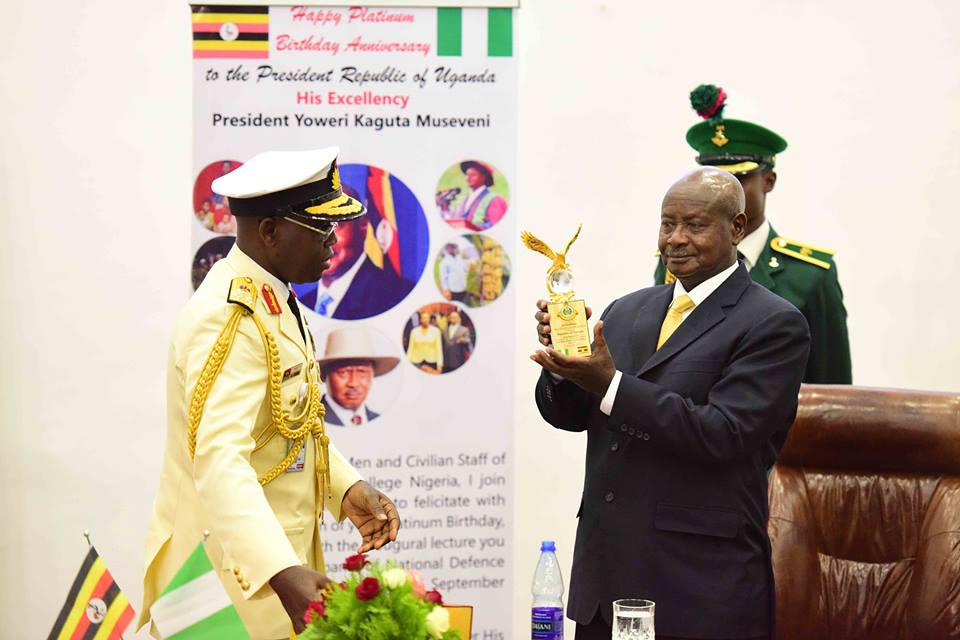Ruth Nankabirwa, Uganda’s Minister of Energy and Mineral Development
Uganda and Kenya have embarked on the implementation of a 30-year-old petroleum importation plan that would see products moved by pipeline from Eldoret to Kampala.
The Minister of Energy and Mineral Development, Ruth Nankabirwa, and other officials have been meeting their counterparts in Kenya for new talks on the extension of the pipeline to the border.
The proposal to build the pipeline was conceived in 1995 as part of the resolutions of the Joint Co-ordinating Commission (JCC) and a Memorandum of Understanding was signed between the two countries.
A feasibility study was done and a report was submitted in 1999 but the project went into limbo.
Under the plan, Kenya would build the line up to the border, while Uganda takes it on to Kampala, with the bigger plans involving an extension to Rwanda and Burundi.
About 90 percent of Uganda’s fuel imports come through Kenya and if this plan matures, it will go a long way in fending off the threat of Tanzania’s ports of Dar-es-Salaam and Tanga.
Nankabirwa says meetings in Nairobi are for planning purposes and build on the interaction between Presidents Yoweri Museveni and William Ruto in May when the deal was revived.
Then, the two leaders directed their respective ministers to expedite the process.
This comes barely a month after Uganda started direct fuel imports from the Middle East through logistics company Vitol, cutting out marketing companies in Kenya that are partly blamed for the high prices of petroleum products in Uganda.
All these plans are aimed at ensuring more stable and secure petroleum supplies in Uganda, as well as reducing the price volatility of the products that have always characterized the Uganda fuel market.
The pipeline will extend to Kigali in Rwanda and possibly Bujumbura (Burundi) in the future, with each country responsible for the development of the infrastructure within its borders.
Uganda imports an average of 2.5 billion liters of refined petroleum products a year, worth about 2.5 billion dollars or 9.3 trillion shillings.
-URN





